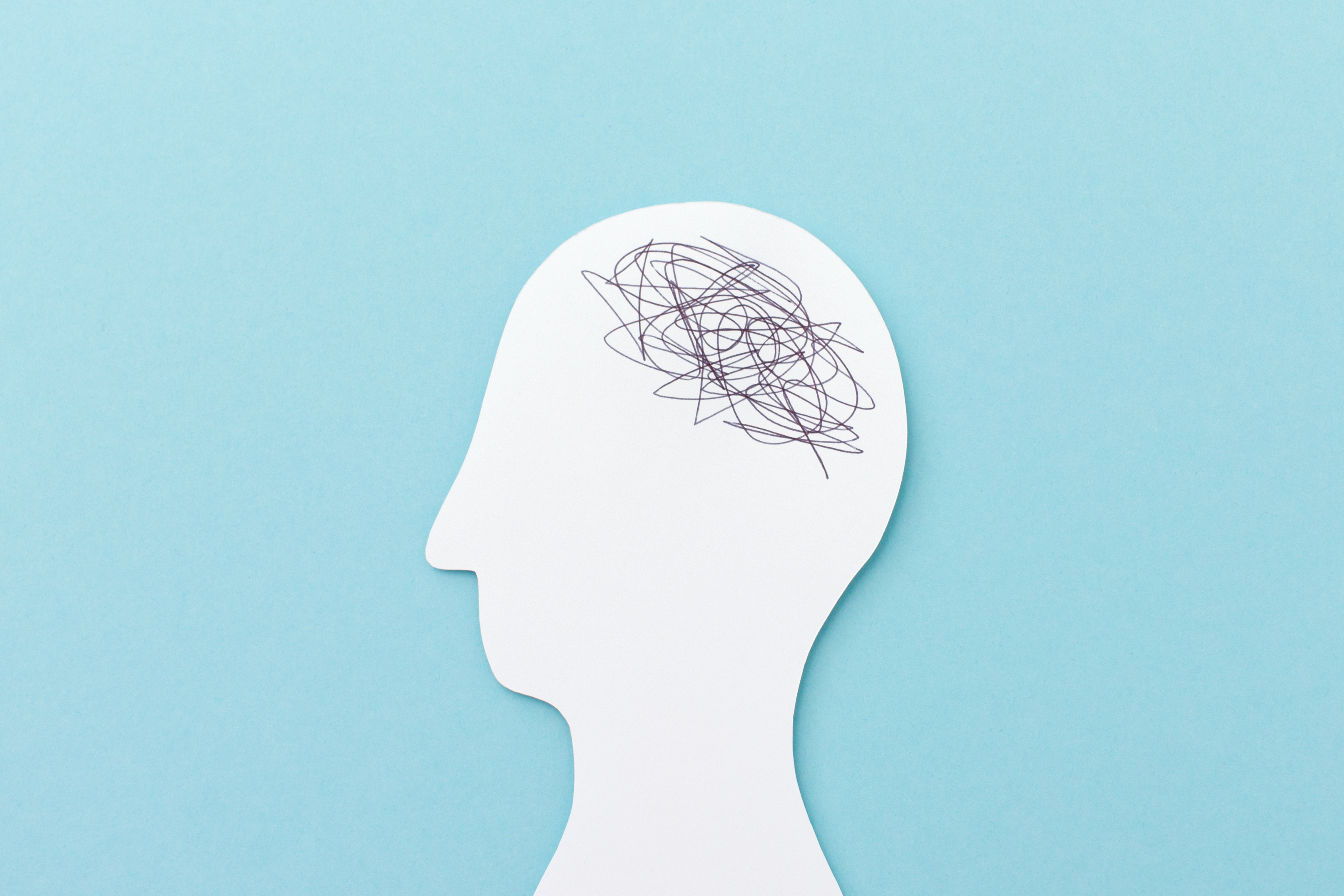GQ, a men’s magazine, has joined the growing conversation around men and mental health in its new “Starter Guide to Becoming Mentally Healthier.” The editors write that “masculinity—a coarse and not particularly helpful term—doesn’t exactly lend itself to introspection, discussing feelings, or even feeling those feelings. At least not traditionally. But it’s time we changed that.”
Thrive Global and other major news outlets like the New York Times have led the conversation around the culture shift that’s desperately needed when it comes to mental health and men — and celebrities like Prince Harry, Dwayne “The Rock” Johnson, and Ryan Reynolds have opened up about their own struggles with mental health in the hopes of busting stigmas and encouraging other men to open up and ask for help if they’re struggling.
GQ’s new guide opens with the essay, “This Is Why Men Still Struggle To Talk About Mental Health,” which aims to help men “realize that mental health is actually something to care about. Something to be actively maintained.” The guide takes into account the need for active maintenance, even when your mental health seems fine — and provides some concrete ideas on what that active maintenance might look like, for men and the rest of us, too:
1) Manage daily anxiety with “worry time”
In an article on anxiety and how to manage it, David H. Rosmarin, Ph.D., founder of the Center for Anxiety and an assistant professor at Harvard, suggested you take some “worry time.” That can mean “two minutes once or twice a day” in which you “worry to the max.” This leads you “to fully embrace the possibility that [you’re] afraid of… It’s not fun to think about! But the more willingly we accept our lack of control, the better off we are in terms of anxiety.” So let go, fall into the anxiety, and let it fully take you — but just for a minute or two.
2) Try the “12 suns” trick for gaining energy
GQ shared some words of advice from Phil Stutz, M.D., a psychiatrist, and co-author of The Tools. “Visualize 12 suns in a circle maybe ten feet above your head,” Stutz suggests. “Even if you don’t believe it, just do it anyway. Think of those 12 suns in a circle as an entranceway into a realm of infinite energy. Past those 12 suns is a world where nothing is missing… The way to gain energy is to say ‘Help’ to these 12 suns. They’ll start to spin counterclockwise, creating a ‘vortex’ that will suck you up. When you go through it, what you’ll find is the size of your body will change. You start to find your body will expand, bigger and bigger, and the bigger it gets, the more energy you have.” This might sound new-agey, but Stutz is adamant that it works.
3) Make sure you’re taking care of yourself when SAD is getting you down
Seasonal affective disorder, or SAD, refers to the lowered mood and energy that come along with colder, darker days for many of us, both men and women (there’s actually a higher incidence in women, according to research published in the Nordic Journal of Psychiatry). GQ spoke about managing it with Norman Rosenthal, M.D., author of Winter Blues, who identifies as “the guy who discovered Seasonal affective disorder.” He provided some practical tips: “Get enough sleep. Start off the day with good food — avoid high-impact carbs and animal fats. Exercise… Meditate.” He also suggests building relationships with supportive people and finding meaning through work or giving back.
4) Use an emotional color wheel to identify how you’re doing
Emotional color wheels match emotions with a color on a wheel — pretty, and also an effective method for identifying exactly what you’re feeling, according to GQ. The guide suggests you screenshot a wheel (Dr. Robert Plutchik‘s is recommended) and keep it handy on your phone, to look at “whenever you feel like things are getting out of hand.” Recognize, with the help of the wheel, what emotion you’re feeling — then you can move forward to address it.
5) Go to therapy with your partner, even when your relationship is doing fine
An interesting article in the guide recommends you go to therapy with your partner, even if your relationship is doing well: In this case, “the point isn’t solving your problems—it’s connection. And throughout the lives of our relationships, we often forget how to stay connected. Because we’re too pissed off, or busy with work, or counting the crimes against us, or whatever,” writes journalist Devin Friedman. You might not think that slipping connection is a sign of an impending catastrophe in the relationship, but re-linking it makes “the unfixable problems seem small,” and reminds you that while nothing will ever be perfect, that doesn’t mean your relationship isn’t great.
Follow us on Facebook for all the latest news on how you can keep Thriving.
More from Thrive Global:
8 Things You Should Do After 8 P.M. If You Want to Be Happy and Successful


